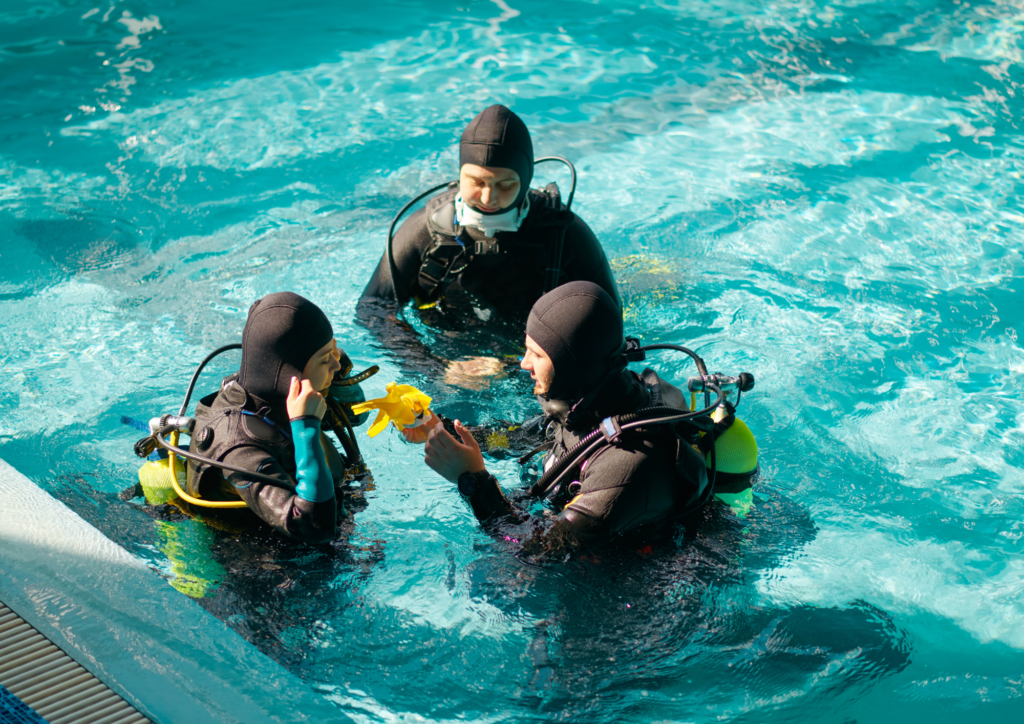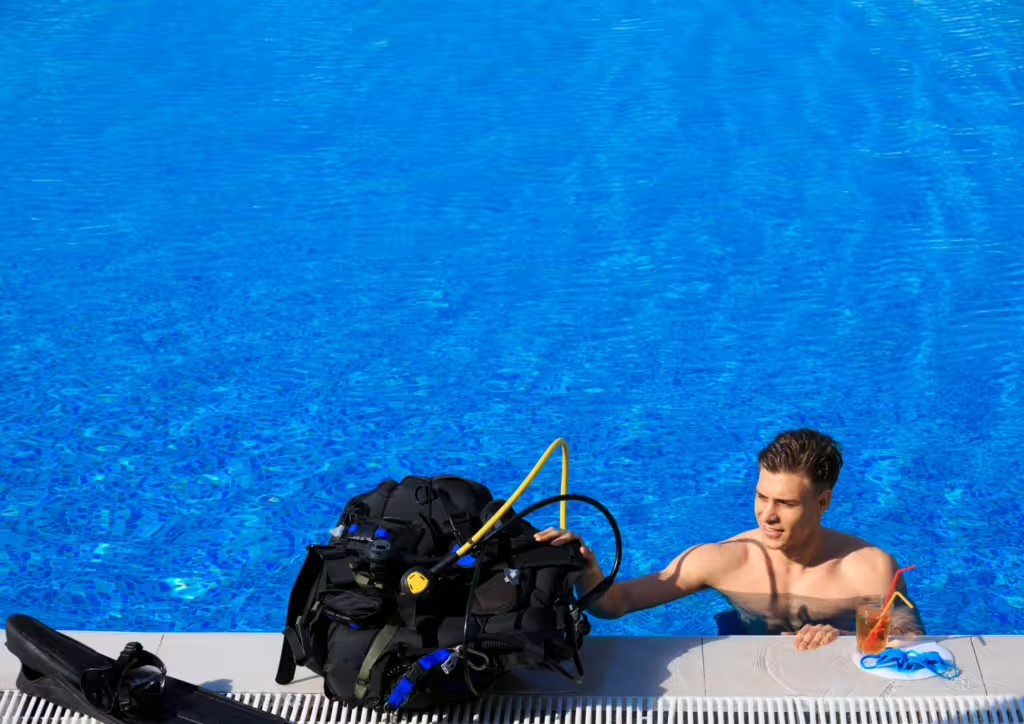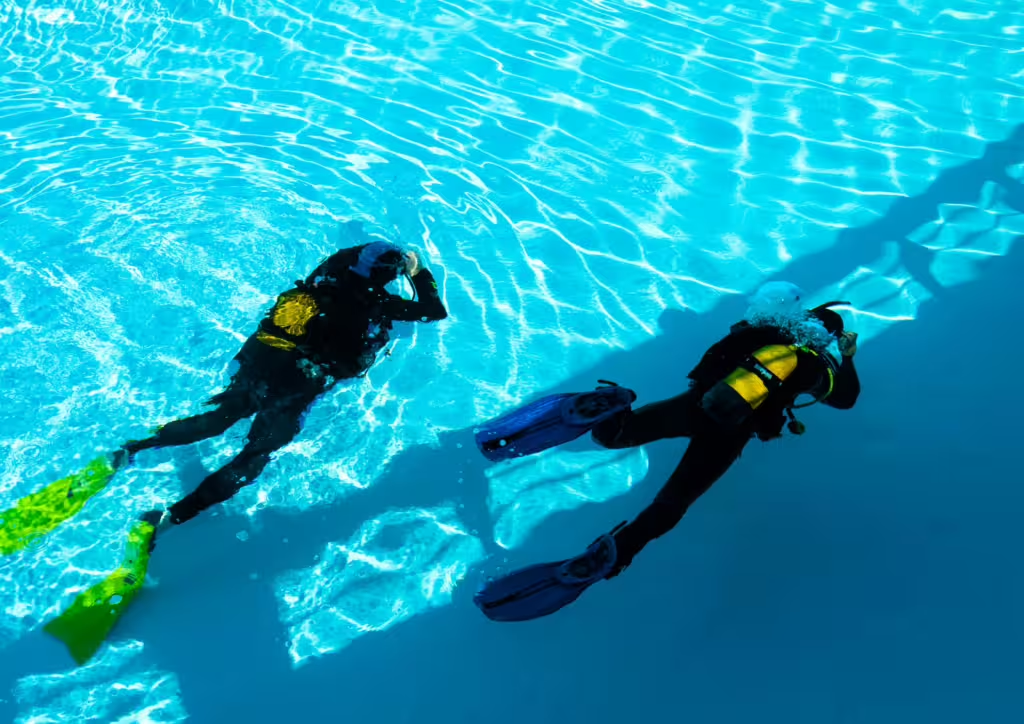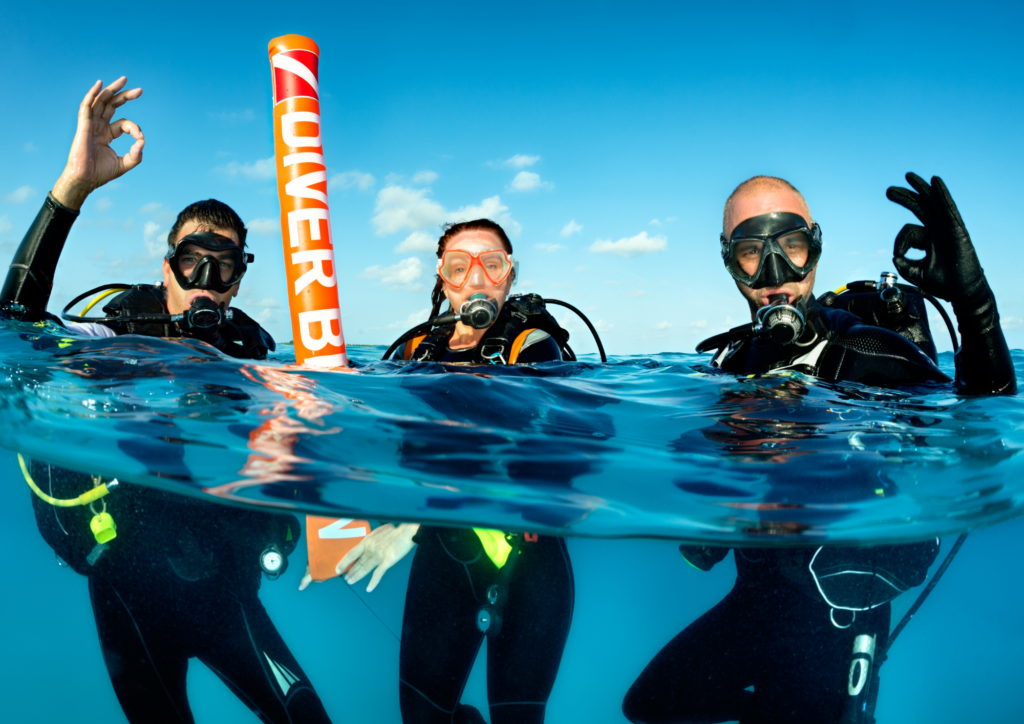Whether you’re a complete novice or someone with a bit of experience, a Bali diving course offers an incredible opportunity to develop your skills and explore the hidden treasures beneath the surface. As you embark on this journey from novice to expert, you’ll not only learn essential diving techniques but also gain a deeper appreciation for the diverse marine life and breathtaking ecosystems that make Bali a premier diving destination. Join us as we navigate the essential aspects of what to expect during your Bali diving course adventure, ensuring you’re fully prepared for the unforgettable moments that await you.
Understanding the Basics of Diving
Understanding the basics of diving is crucial for anyone looking to embark on a Bali diving course. Diving is not simply about exploring underwater beauty; it involves a comprehensive understanding of the equipment, safety protocols, and marine life you may encounter. Beginners start with foundational knowledge, learning the essential skills that include buoyancy control, equalization techniques, and the proper use of scuba gear.
In a reputable Bali diving course, you’ll engage in both classroom sessions and confined water training to build your comfort level and competency before venturing into open water. This balance ensures that divers are well-prepared to handle varying underwater conditions while enjoying the vivid marine ecosystems that Bali has to offer. As you progress through your diving course, you’ll soon discover that understanding the basics is just the tip of the iceberg.
Each dive presents a new opportunity to apply what you’ve learned while exploring diverse coral reefs and underwater landscapes. While the initial lessons may seem technical, seasoned instructors will guide you, illustrating the seamless connection between theory and practice. Embracing these core principles not only enhances your diving skills but also deepens your appreciation for the underwater world, making your journey from novice to expert a memorable adventure in Bali.
What Equipment Will You Need?

When embarking on your Bali diving course, having the right equipment is essential for both safety and enjoyment. Typically, basic diving gear includes a mask, snorkel, fins, wetsuit, and buoyancy control device (BCD). Your diving school may provide some of this gear, but investing in your own mask and snorkel is highly recommended as it ensures a comfortable fit and better visibility underwater.
A good Bali diving course will also emphasize the importance of having fins that allow easy maneuvering and a wetsuit suitable for the warm waters of Bali. Well-maintained gear is crucial, as it directly impacts your safety and comfort during each dive.
As you progress through your Bali diving course, you’ll be introduced to essential accessories like dive computers, depth gauges, and underwater cameras. A dive computer is particularly valuable, helping you monitor depth and dive time—key components of safe diving.
Many students in a Bali diving course also choose to bring a dive knife and signaling device for added safety. Remember, well-fitted and manageable gear enhances your underwater experience and learning journey. Before starting your Bali diving course, be sure to consult with your instructor about the specific gear requirements. Being well-prepared ensures a smooth, safe, and truly unforgettable dive adventure in Bali.
Training and Certification Levels Explained
When considering a Bali diving course, it’s essential to understand the various training and certification levels that will guide you from a novice to an expert diver. Most certification agencies offer a tiered approach, starting with the Introduction to Scuba Diving or Open Water Diver courses. These initial levels focus on basic skills, safety protocols, and underwater navigation, allowing you to build a strong foundation in diving.
In Bali, you will experience stunning marine biodiversity, which enhances the learning process, making it both enjoyable and educational as you gain hands-on experience in crystal-clear waters under the guidance of expert instructors. As you progress, you can advance to intermediate and advanced certification levels, such as the Advanced Open Water Diver course and specialty courses like deep diving or wreck diving.
Each level opens new opportunities for exploration and dives in diverse environments. Most Bali diving courses emphasize practical experience and safety, ensuring you feel comfortable diving at deeper depths and in varying conditions. By understanding these certification levels and their requirements, you can plan your journey to becoming a proficient diver, allowing you to navigate Bali’s underwater wonderland with confidence and skill.
The Stunning Dive Sites of Bali

Bali, renowned for its enchanting coral reefs and diverse marine life, offers a variety of stunning dive sites that cater to both beginners and experienced divers alike. Locations such as Tulamben are famed for the USS Liberty shipwreck, which is teeming with vibrant corals and an impressive array of fish. This underwater paradise provides an extraordinary opportunity for novice divers enrolled in a Bali diving course to experience the thrill of exploring a sunken vessel while being surrounded by immersive aquatic ecosystems.
Other popular spots like Nusa Penida also feature a plethora of breathtaking dive sites, including Crystal Bay and Manta Point, where divers can encounter majestic manta rays gliding gracefully through the water. For those looking to advance their diving skills, courses often include trips to these mesmerizing sites, allowing you to practice and enhance your abilities in some of the world’s most beautiful underwater settings.
The experience of diving in Bali isn’t just about the marine creatures but also entails discovering the striking underwater landscapes, sunlit coral gardens, and unique rock formations. Engaging in a Bali diving course not only equips you with essential skills but also immerses you in a world of breathtaking beauty that will leave lasting memories and inspire a lifelong passion for the ocean.
Safety Protocols and Best Practices
Beyond the basics, the best practices instilled during a Bali diving course also encompass environmental consciousness. Being aware of the fragile marine ecosystem is integral, which leads to responsible diving behaviors that protect coral reefs and marine life. Divers are encouraged to minimize their environmental impact by avoiding contact with underwater flora and fauna, as well as communicating conservation message to fellow divers. Overall, embracing these safety protocols and practices not only enhances the diving experience but also prepares individuals to navigate the underwater world with confidence and respect.
What to Expect During Your First Dive
As you prepare for your first dive during a Bali diving course, expect a whirlwind of emotions ranging from excitement to a hint of nervousness. Before getting into the water, you’ll undergo an essential briefing, where your instructor will guide you through the equipment and safety procedures. Understanding how to use your diving gear, including your BCD, regulator, and dive computer, is crucial for a smooth underwater experience.
You’ll also learn about the unique marine life you might encounter in Bali’s rich ecosystems, making diving not just a physical activity but also an educational journey about the underwater world. Once you’re submerged, the tranquility of the ocean will envelop you, and all your worries will fade away. The initial moments can be a bit disorienting, but your instructor will be right by your side, providing reassurance and guidance.
You’ll be introduced to the stunning coral reefs and vibrant marine life that Bali is famous for. This initial dive sets the tone for your diving course—it’s a chance for you to engage your senses, overcome any initial anxiety, and begin the exciting journey from novice to expert diver. Dive in, embrace the experience, and let the underwater magic unfold as you take your first breaths underwater.
Tips for Progressing Beyond the Basics

As you embark on your Bali diving course, it’s crucial to focus on foundational skills that can transform your diving experience from novice to pro. Regular practice is essential; try to dive as frequently as possible to build and reinforce the skills learned in your course. Consider joining local diving clubs or partnering with fellow enthusiasts who can provide exposure to different diving conditions and techniques. Additionally, seeking feedback from instructors can pinpoint areas for improvement and accelerate your progression. Remember, mastery is a journey, not a destination, so celebrate small victories along the way to keep your motivation high.
Embrace Your Underwater Adventure
As you embark on your Bali diving course journey, remember that each underwater experience will not only enhance your diving skills but also deepen your appreciation for the magnificent marine life that surrounds this beautiful island. Embracing both the challenges and triumphs of your training will transform your perspective, helping you develop into a confident diver.
With time, patience, and enthusiasm, you will uncover the wonders of the ocean, fostering a passion that may last a lifetime. Ultimately, participating in a Bali diving course is not merely about learning to dive; it’s about connecting with nature and discovering your true potential beneath the waves. So, gear up, take the plunge, and enjoy the exhilarating underwater world waiting for you in Bali. The journey from novice to expert is filled with adventure and inspiration, and the ocean is calling—are you ready to answer?


I loved how this blog emphasizes the importance of developing foundational skills in diving. It’s so easy to get caught up in the excitement of exploring the underwater world, but this post is a great reminder to start with the basics.
Thank you, Rachael Lim, for sharing your thoughts on our blog post! We’re glad you found our emphasis on foundational skills helpful. At Eko Life Malaysia, we believe that developing a strong foundation is essential for a safe and enjoyable diving experience. Our team of experienced instructors is dedicated to helping novice divers develop the skills they need to succeed in the water. If you have any questions or would like to learn more about our diving course, please don’t hesitate to reach out to us at [email protected] or +62 857 3891 8262.
This blog has inspired me to plan a Bali diving course for myself! The information about the stunning dive sites and necessary equipment is incredibly helpful. Thanks for sharing!
Congratulations on considering a Bali diving course, Leong Chee Leong! We’re thrilled to hear that our blog has inspired you. Eko Life Malaysia, through our community focusing on affordability, quality products, professional servicing, and forming connections with the bicycle, ebike, and escooter enthusiasts, are expanding into new horizons such as providing exceptional customer service and building a network of enthusiasts to offer exciting experiences like diving in Bali. Our expertise and resources are here to support your diving journey. If you have any questions or need further assistance, feel free to reach out to us at [email protected] or dial +62 857 3891 8262. We’re eager to embark on this new adventure with you!.
I’m so glad to see that the blog touches on environmental consciousness. As a diver, it’s our responsibility to respect and protect the underwater world. This post is a great resource for anyone looking to get started on their diving journey.
Thank you so much, Davina, for sharing your thoughts on the importance of environmental consciousness in diving. We completely agree that responsible diving practices are essential to preserving the beauty of our ocean and marine life. If you have any more questions or concerns regarding diving or would like to know more about our diving courses, please don’t hesitate to reach out to us at [email protected] or +62 857 3891 8262. We’d be happy to help.